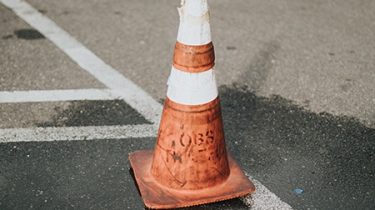COVID-19 and Worker’s Compensation: When to Apply

Applying for worker’s compensation can be a convoluted process that oftentimes discourages injured workers, rather than allowing for easier access. And as if the process wasn’t complicated already, COVID-19 has certainly added new challenges to filing a claim.
Infection rates have continued to climb across Canada, posing challenges for both communities and workplaces. In the context of health and safety, as with many illnesses, injuries and diseases, making the connection to the workplace as a source or contributing factor to an illness can be difficult, and even more so when it comes to COVID-19 cases. While employers are often quick to refute any connection to the workplace, and the onus lies on individual workers to prove a connection, worker advocates are able to point to casual links to the workplace. A worker’s medical condition quickly becomes a point of contention.
Across different jurisdictions, there is a range of responses to COVID-19 as an occupationally transmitted virus. In Manitoba, the Worker’s Compensation Board issued a disclaimer on their website stating that COVID-19 is not likely to be contracted through work, but that workers may file a claim. On the other hand, in Ontario, the Workplace Safety and Insurance Board has loosened timelines and acknowledges that in some cases, COVID-19 could be deemed an occupational hazard.
So, is it worth filing a claim? As the long-term effects of the virus are not known, it is advisable that those who test positive file a claim in their jurisdiction, even if the claim is rejected. Should COVID-19 symptoms linger, or if complications develop that make it difficult to continue working, evidence of an initial claim will be helpful when filing a second one. Time away from work due to COVID-19 may be deemed an injury, and it’s recommended that an individual applies. News reports have highlighted a number of outbreaks outside of the health sector setting, showing that lax health and safety protocols can lead to workplace outbreaks, and reporting draws attention these problems. Be sure to also communicate with the health and safety representative, or committee in your workplace as they can guide you through the process and ensure that the employer is following appropriate protocols.
Last, but not least, employers are obligated to not only report COVID-19 cases to a public health agency in their region, but to also report cases to the Ministry of Labour, if in the provincial jurisdiction, and to the Labour Program, if under the federal jurisdiction.
Knowing your rights will keep you, your co-workers and your community safe.
